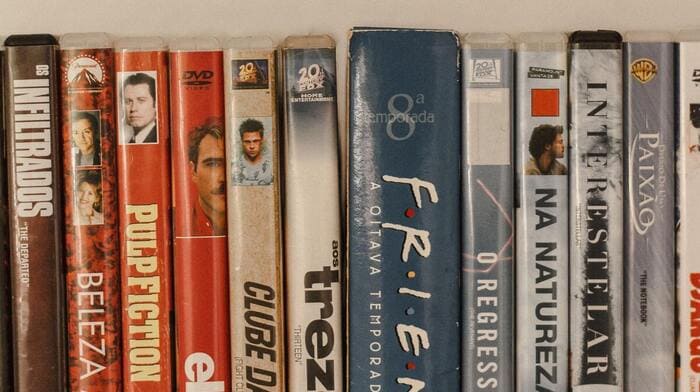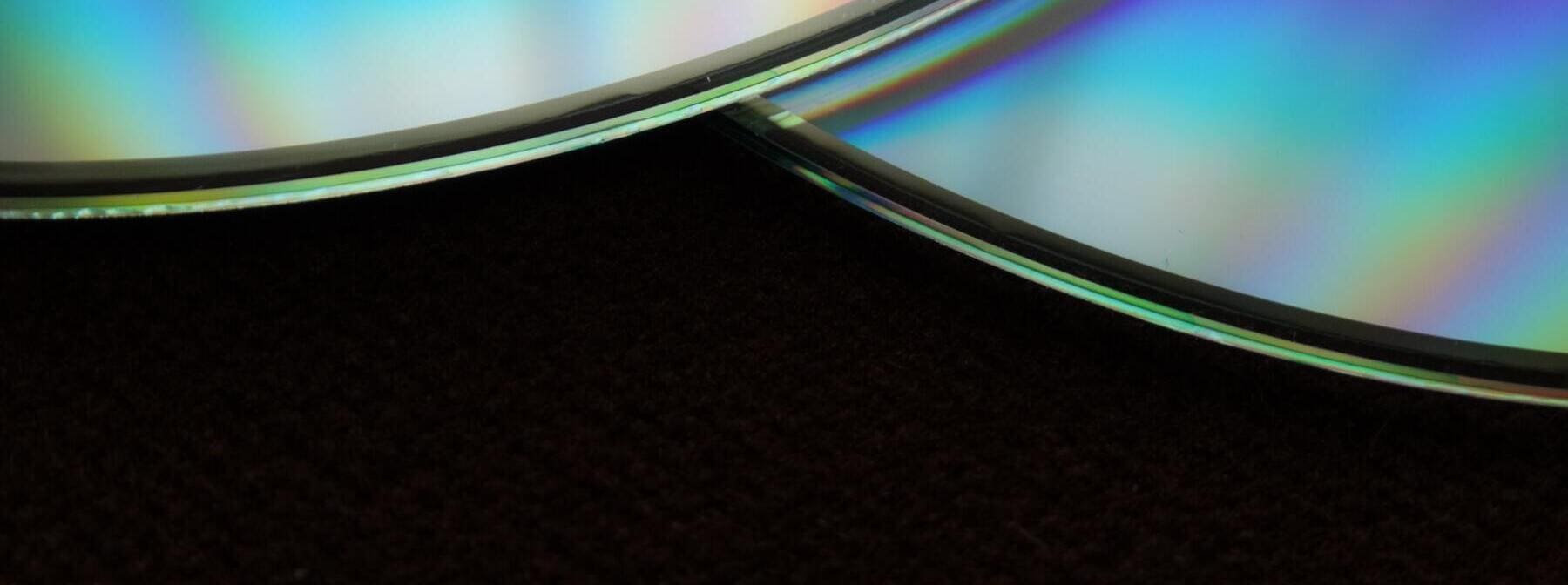
Most people are familiar with DVDs, Blu-rays, and 4K Blu-rays, but the differences between them are not always cut and dried.
Price is an obvious factor (and one that no doubt plays the most important role for many casual entertainment fans), but if you’ve never done your research, you may find yourself wondering what you’ve actually paid for.
Let’s clear up some of the most common points of confusion.
DVD

Is it worth buying DVDs anymore? This is a question that arises whenever these all-too-familiar discs are brought into discussion. With the format having been on the market since 1996, it’s safe to say that DVDs are nearing the end of their lifecycle, meaning you might be tempted to move on to bigger and better things.
When it first hit the scene, the DVD format was revolutionary, providing 4.7 GB of storage on a standard disc. This was quite the upgrade from its predecessor, the compact disc (CD), with the increased capacity allowing for large amounts of video and audio to be held.
However, DVDs haven’t yet gone the way of the CD. For some people, the generational jump in quality to Blu-ray isn’t big enough to justify an increase in spending. DVDs are the cheapest way to build your entertainment library, and the format is still supported for most new releases.
Furthermore, you’d be hard pressed to find a media-output device that isn’t capable of playing them, with backward compatibility being the norm.
To learn more about this format, visit our ‘About DVDs’ page, which provides more information on your burning queries.
Blu-ray

Like the DVD, Blu-ray was intended to be the next evolutionary step in home media, once again improving upon storage capacity and allowing viewers to experience high-definition visuals (HDTV 720p and 1080p).
Nowadays, consumers have increased expectations and higher quality has become the standard. While we used to be satisfied with large-backed, slightly fuzzy TV screens, the vast majority of households have since switched to HDTV, giving people more incentive to take advantage of their device’s modern features.
One downside of Blu-ray is that it does require its own player. As the name implies, this format is read using a blue-coloured laser that can process information with greater precision, which means that your old DVD players aren’t going to cut it.
Fortunately, if you’re a gamer who owns a modern-generation console (for example, a PlayStation 5 or Xbox Series X), these come with built-in Blu-ray players, so you won’t need to spend any additional money.
4K Ultra HD Blu-ray

Is there a big difference between Blu-ray and 4K? Although they both belong to the same family of physical media, the two are not equal.
4K UHD refers to the pixel resolution that can be rendered (3840 x 2160), which is a noticeable improvement from standard Blu-ray (1920 x 1080). With 4K Blu-ray, you can expect a clearer picture and increased frame rate (60 frames per second).
As is the case with Blu-ray, this format requires that you own a dedicated 4K player, and you will also need a 4K-ready TV or you will see no benefit.
For this reason (not to mention the price inflation of the discs themselves), 4K Blu-ray is not the most cost-effective way to enjoy film and TV at home, so budgetary considerations should be made.
Which Format Should You Choose?

There’s no big secret as to the format that offers the best quality (4K is the obvious winner), so your choice should reflect both your financial situation and the technology available to you.
If you don’t have a 4K-enabled TV (or even one that supports HDTV), spending that extra cash isn’t going to improve your viewing experience.
And you shouldn’t feel obligated to upgrade: unless you’re invested in the technical side of things, you might not notice — or care about — the difference in quality.
For all things pop culture, follow us on Facebook, Instagram, Twitter, and TikTok.









